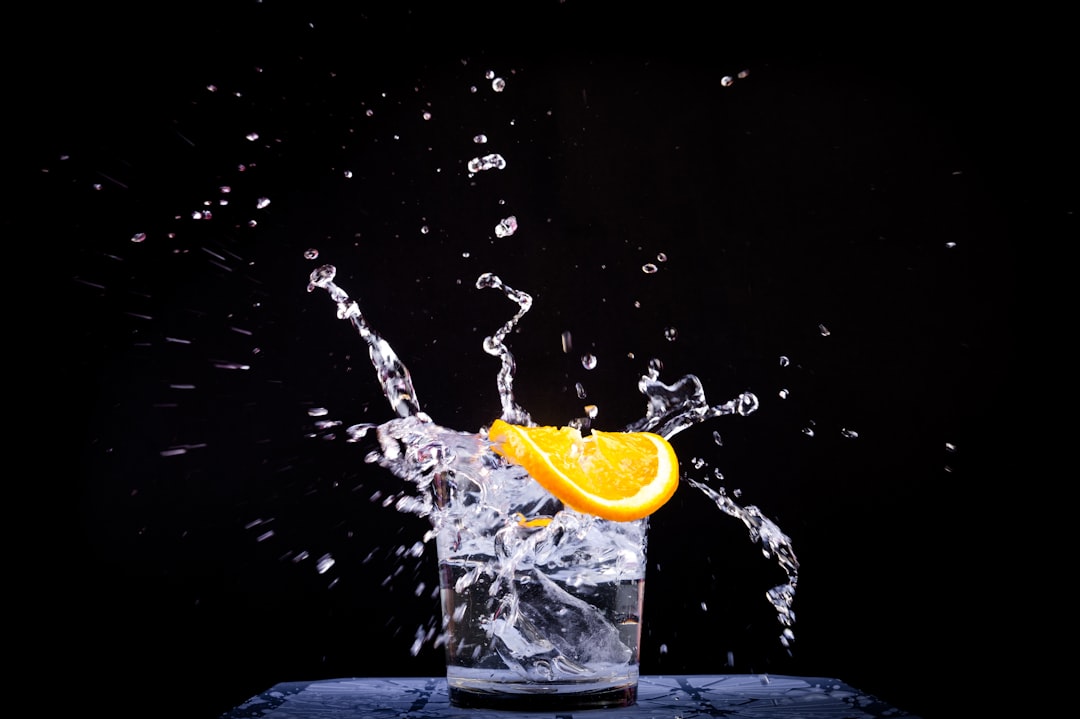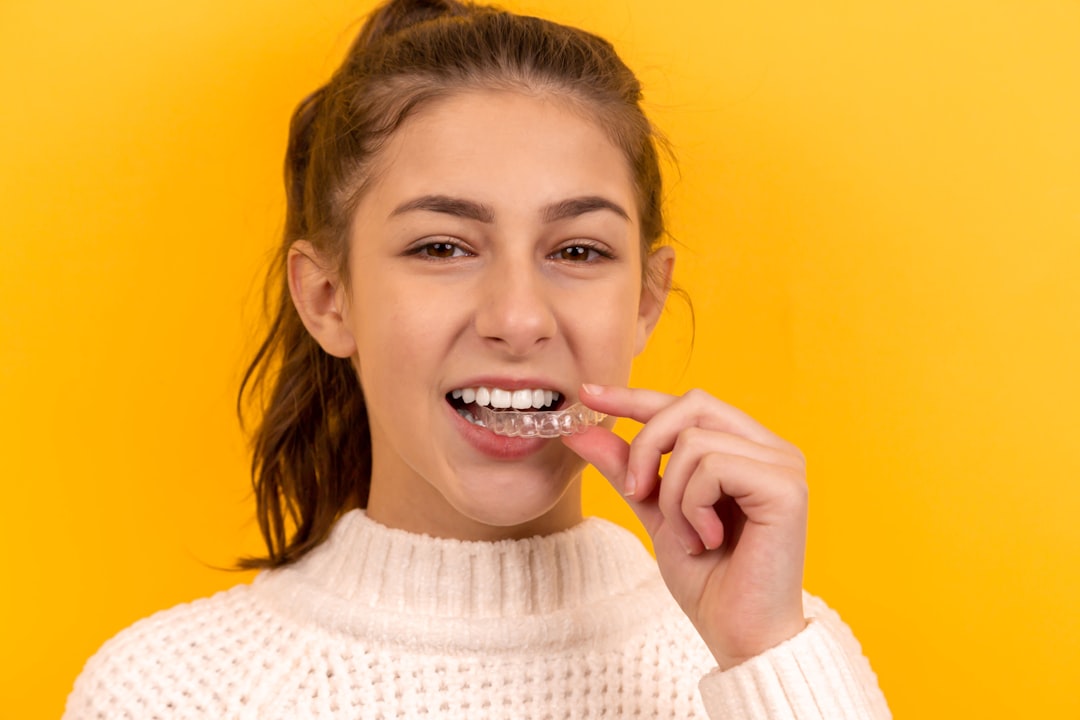Millions of people can’t imagine starting their day without a hot cup of coffee. But if you suffer from TMJ disorder or frequent jaw pain, caffeine may actually be making your symptoms worse. While coffee gives a quick energy boost, it can also contribute to muscle tension, teeth grinding (bruxism), and worsening TMJ discomfort.
This article explores the connection between coffee and TMJ, explains the risks of excessive caffeine, and offers practical strategies to protect your jaw health while still enjoying your daily routine.
How Coffee and Caffeine Can Trigger TMJ Symptoms
Caffeine is a natural stimulant that directly impacts the nervous system. For people living with TMJ disorder, this stimulation may increase jaw activity and intensify symptoms.
Muscle Tension and Jaw Clenching
Caffeine increases alertness, but it also raises muscle activity. One of the most common side effects is involuntary jaw clenching, which puts extra strain on the temporomandibular joint. Over time, this can make TMJ pain more frequent and severe.
Dehydration and Joint Stress
Coffee acts as a diuretic, which means it promotes fluid loss. When your body becomes slightly dehydrated, the cushioning within your joints decreases. This lack of lubrication makes the TMJ joint more vulnerable to stiffness, soreness, and even clicking sounds when you open your mouth.
Stress, Sleep, and Bruxism
Drinking coffee—especially late in the day—can interfere with restful sleep. Poor sleep increases stress levels and often leads to bruxism (teeth grinding) at night. Grinding places extreme pressure on the jaw, which worsens TMJ disorder and morning jaw pain.
Signs That Coffee May Be Affecting Your TMJ
If you notice these symptoms after your daily caffeine intake, coffee could be contributing to your jaw problems:
-
Persistent jaw stiffness or soreness throughout the day
-
Headaches in the temples or around the eyes
-
Clicking or popping noises when moving your jaw
-
Increased teeth grinding during sleep
-
Morning pain that eases as the day goes on
Identifying these patterns can help you decide whether to cut back on caffeine or adjust your habits.
How to Reduce TMJ Risks While Drinking Coffee
You don’t necessarily need to give up coffee entirely. Small changes in your daily routine can help you enjoy your favorite drink while minimizing its effects on your jaw health.
Limit Daily Caffeine Intake
Health experts recommend staying under 400mg of caffeine per day. If you find your TMJ pain flares after multiple cups, try limiting yourself to one morning coffee and switching to non-caffeinated beverages for the rest of the day.
Stay Hydrated
Balance every cup of coffee with a glass of water. Staying hydrated supports healthy joint function and helps prevent jaw discomfort caused by dehydration.
Try Healthier Alternatives
Consider switching to decaf coffee, green tea, or herbal teas. These provide warmth and comfort without overstimulating the muscles that contribute to jaw clenching.
Practice Relaxation and Jaw Care
Since stress is a major trigger for TMJ disorder, stress management is essential. Incorporate deep breathing, meditation, or light stretching into your day. Gentle jaw exercises can also relax tight muscles and counteract the stimulating effects of caffeine.
Why Custom Mouth Guards Can Help
One of the most effective ways to protect your jaw from the harmful effects of coffee-related bruxism is by using a custom night guard. Unlike over-the-counter guards, a professionally made guard is designed to fit your teeth perfectly, providing superior comfort and protection.
A custom mouth guard can:
-
Prevent excessive teeth grinding while you sleep
-
Reduce pressure on the TMJ joint
-
Protect teeth from enamel wear and cracks
-
Minimize morning jaw pain and headaches
If your caffeine habits are hard to change, a custom night guard offers a practical solution that allows you to enjoy coffee without putting your oral health at risk.
When to Seek Professional Help
If cutting back on caffeine doesn’t bring relief, it’s best to consult a dentist or TMJ specialist. They can evaluate your symptoms and recommend solutions such as:
-
A custom night guard to prevent teeth grinding
-
Physical therapy and targeted jaw exercises
-
Stress management techniques
-
Medical treatment for severe TMJ disorder
Conclusion
Coffee isn’t always harmful, but for people struggling with TMJ disorder, it can be a hidden trigger for pain and tension. By understanding how caffeine affects jaw muscles, hydration, and sleep, you can make smarter choices about your daily habits.
Limiting coffee, drinking more water, and practicing relaxation techniques can help you keep enjoying your favorite beverage without sacrificing your jaw health. And if symptoms persist, professional treatment will ensure you get lasting relief from TMJ pain. Explore Remi now!

















